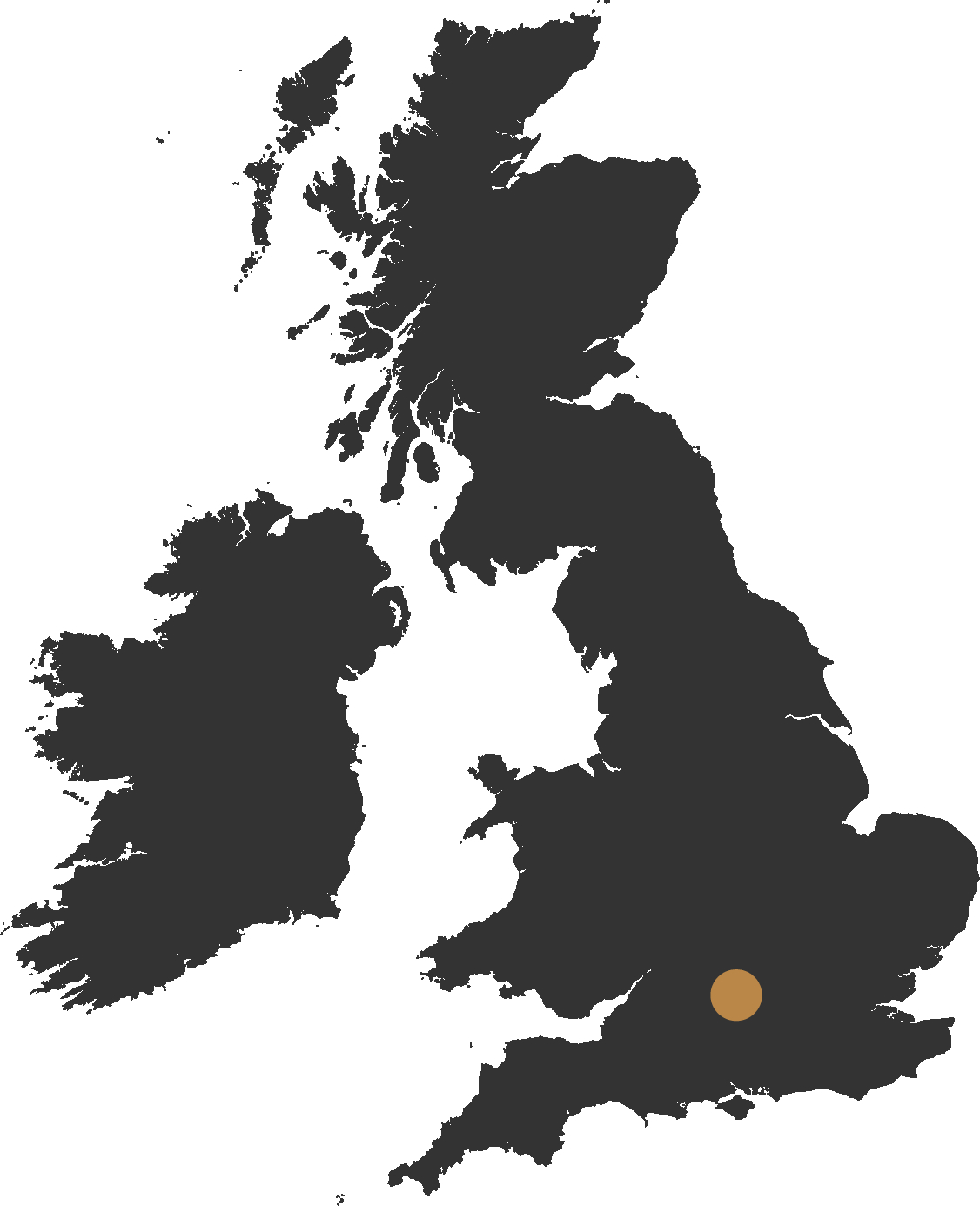Nicola Farmer
University of York
MPhys Theoretical Physics
Read more about the course



Nicola did her Year in Industry at Diamond Light Source, based in Oxford, where she worked on making models using Python for sets of data from reflectometry experiments.
“I write code in python to model that and then I do some data analysis using statistics and calculating things and making graphs and analysing that to see the effect that the parameters I’ve used have. I’m trying to make the analysis better by using informed distributions or parameters.”
Nicola’s work didn’t have an ‘end goal’ as such. The aim was to investigate the effect that the parameters she had set up had, such as the volume and thickness of the head and tail of phospholipid membranes.
Most of the coding Nicola does is in Python and she has taken many Python training courses and learned a lot more about Python than she did prior to starting her placement.
“I think the stuff I was doing was a lot more advanced but the Python I learnt at uni helped a lot because I think I would have really struggled to pick it up with no experience, and I did a lot of Fortran at uni which is more difficult so that helped a lot because Python seems really easy in comparison.”
“I’ve been working on making a database to save some of the stuff in and I figured out a way of using it that my supervisor didn’t even know so I’m hoping that it’s kind of shown a way of approaching the problem that could be used.”
Aside from being able to build on the coding skills that she acquired at university, Nicola stated that the knowledge from her statistics module was very useful when her supervisor was showing her statistical equations relating to her project, as the title of her project is Using Bayesian Statistics and Data Analysis.
Nicola had daily morning meetings, weekly meetings with the research group where they all discussed their progress and where they will be taking their work next, and a weekly meeting with her supervisor.
“They’re very useful because if I’m ever stuck on something I have all the different meetings in which I could bring it up and everyone’s very helpful and willing to listen and genuinely interested in the work that I’m doing.”
“Normally before the meetings I sit and panic for half an hour and think about what I’m gonna say and plan it in my head.”
Nicola does not feel confident presenting herself in meetings but does feel as though her placement has helped her to become a little less nervous than she was at the beginning, even though the process of getting to where she is now in terms of comfort level was unpleasant. The more meetings she did the more comfortable she began to feel, though it was hard at first.
Other than the social aspects of the placement, Nicola was most nervous about not being smart enough or good enough when she began her role as she had never had any professional experience before.
“I didn’t understand how I’d be able to do like open-ended research where there aren’t answers online. I just couldn’t imagine being smart enough to figure things out.”
The unknown aspect was daunting to Nicola at first, but then…
“It’s actually a lot of fun and it’s a lot easier than I thought it would be because it’s not like you’re just thrown in there and you’re expected to think of things, it’s a lot of research, reading papers, making software to model things. It’s not like you just have to randomly know things.”
Diamond Light Source is the UK’s national synchrotron science facility, located at the Harwell Science and Innovation Campus in Oxfordshire.
“I wanted to do a Year in Industry to get experience because I’ve never had a job before, and I felt like confidence wise it would really help because it’s not as much of a high-pressure environment but I kind of wanted a company that was not too different from uni. It’s still like research and it’s not like a high pressure environment, it’s very much like a halfway between academia and industry.”
“My Year in Industry made me realise that the thing I enjoyed the most wasn’t so much the research, it was more the software and the programming, so I think maybe I’d prefer to go into a software engineer job rather than doing a PhD. At the same time, I did start to miss uni a bit like learning things. Like when I got to the point where I wasn’t really learning anything new, I was getting a little bit bored.”
Nicola was originally intending to stay in academia and pursue a PhD, but her placement at Diamond Light Source has made her begin to rethink that choice. She would highly recommend a Year in Industry to other students.
“I think it has helped me gain confidence that I wouldn’t have got otherwise, and also a really good way of getting experience in a low-pressure environment like you are just a student, no one expects too much of you.”